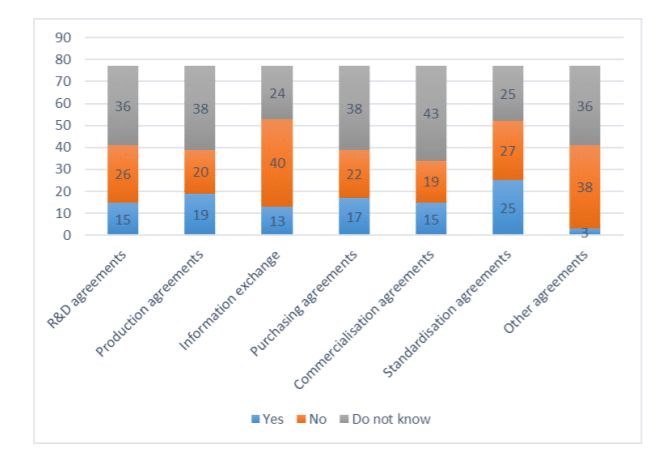Sharp on the heels of its review of its rules on vertical agreements (see here), the European Commission has also announced its intention to revise its rules and guidance on cooperation between competitors - the Horizontal Guidelines and the two related block exemptions on R&D and Specialization agreements. Margrethe Vestager, Executive Vice-President in charge of competition policy, committed the Commission to "reflect on how to revise these rules in order to ensure that they remain fit for purpose".
The Commission has said it will examine:
- whether the R&D block exemption allows for the identification of all pro-competitive R&D agreements;
- whether the R&D block exemption requirements that all parties are given full access to the results of the R&D and pre-existing know-how are justified;
- the scope for more precise guidance on market definition and the calculation of market shares for future technologies and very dynamic markets;
- the possibility of giving greater comfort in areas not specifically addressed in the Guidelines, including data sharing, data pooling and network-sharing agreements; and
- developing specific guidance in new areas including competitor cooperation on digitalisation and the pursuit of sustainability objectives.
Other areas mentioned by the Commission - but which it has not directly committed to address include:
- a general lack of clarity in the guidance on information exchanges;
- guidance on standardisation, including requirements to license standard essential patents and the level of the supply chain at which licences must be granted; and
- the interaction between the Horizontal Guidelines and the Vertical Guidelines in the light of new digital business models.
The Commission's evaluation was published on 6 May in the form of a staff paper, a report compiled by external consultants, and two summaries of feedback - the first from national competition authorities; and the second from a public consultation that closed in February 2020.
The consultants' report reveals remarkably low levels of support for many of the existing rules. The table below summarises responses on the key issue of whether current rules offer sufficient legal certainty. While 15 respondents felt that the R&D block exemption offered sufficient legal certainty, 26 felt they did not. For the guidance on information exchange, the numbers were 13 for to 40 against.
Do the current rules provide sufficient legal certainty?

The Commission will launch the next phase of consultation and review in the coming weeks. This will involve publishing more detail on the issues it intends to address and the options for addressing them. The objective is to have revised rules in place by 31 December 2022 when the existing block exemptions expire.
The content of this article is intended to provide a general guide to the subject matter. Specialist advice should be sought about your specific circumstances.

